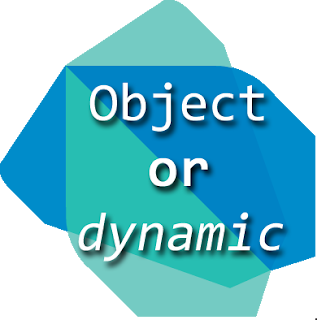Dart: dynamic vs Object in arguments? Pretty straigtforward
It's one of those rules that makes total sense the first time you here it.
It's actually outlined concisely in the style guide: DO annotate with Object instead of dynamic to indicate any object is accepted.
// **Use Object**
// Accepts any object.
void log(Object object) {
print(object.toString());
}
// **Use dynamic**
// Only accepts bool or String, which can't be expressed in a type annotation.
// Probably should document what we expect arg to be.
bool convertToBool(dynamic arg) {
if (arg is bool) return arg;
if (arg is String) return arg == 'true';
throw new ArgumentError('Cannot convert $arg to a bool.');
}
The way I like to think about it:
dynamic is our crutch until Dart has union types.Depending on whom you ask, explicitly specifying
dynamic in convertToBool is unnecessary. But I like being explicit.Happy hacking!
